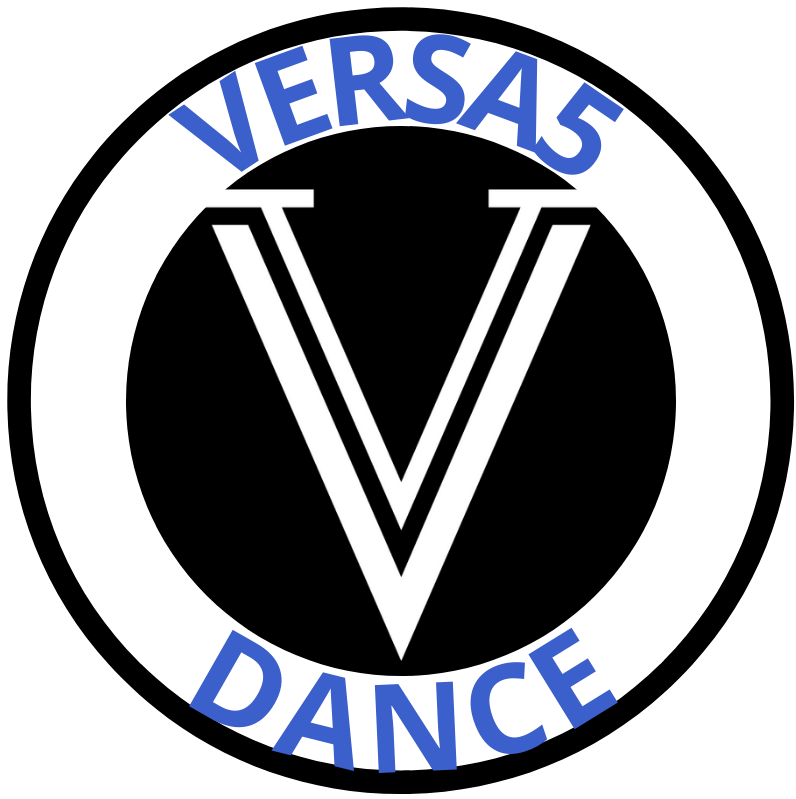What Dance Class Expects of You - And Why
Considerate, respectful behavior is expected. Courtesy is especially important for performing artists; putting a show on stage requires cooperation among directors, performers, technical crew, and front-of-house staff. A performance is a complicated machine with a lot of moving parts, and politeness is the essential lubricant.
Be on time. Arriving late disturbs other students. Your teacher has carefully planned the class so that it builds on the exercises done at the beginning. If you must be late ask permission to enter (you can do this with eye contact and a hopeful, contrite look). Locate a spot at the barre before walking into the room, and take your place quickly and quietly. Do a few plíes on your own to warm up. It’s especially important that you do not try to sneakin unobserved after roll call. If the teacher does not note your presence, your attendance record looks bad and that can make all the difference in when you are allowed to go on pointe or how you are cast in a production.
Be neat. Keep your hair off your face and neck. Hair that moves is a distraction. It should be tight against your head so that you can spot freely. If it’s long, fasten it securely in a bun or ponytail. As a general rule, don’t wear jewelry in the studio. It could fly off or stick someone. Small stud earrings are allowed in some studios, but never dangling earrings, bracelets, large necklaces or a wristwatch.
Be clean. Respecting others means wearing clean clothes and neutral-smelling shoes, and attending to your personal hygiene.
Dress the part. Follow the dress code. The intention is not to quash individuality but to enable the teacher to see clearly. Even if there is no uniform, don’t wear wild outfits or hide under layers of clothing. Wear clothes that show you are ready to take class. This not only sends a message to the teacher about your seriousness, it also sends a message to yourself.
Be polite. Don’t lean against the wall or on the barre, and don’t sit down unless directed to do so. If your cell phone is in your dance bag be sure it is turned off.
Rudeness to teachers is unthinkable in dance class; you could be dismissed from class or even expelled from the studio. Yawning, talking, whispering, or having private giggles with your friends count as rudeness. Finally: dancers wouldn’t dream of chewing gum in class!
Do the combination as given, and do it in its entirety. If everyone is doing one thing and you’ve decided to “improve” it, it’s not only a distraction, it’s disrespectful to your teacher. There are exceptions: a teacher might ask more advanced students to do a combination on demi-pointe or to add beats. If there are steps you must modify because of a physical condition, speak to the teacher beforehand so it isn’t a surprise to her.
Know where to stand. You need to be able to extend your leg in grand battement as far as it can go both front and back without whacking the person next to you. If there it’s enough room, angle out when doing extensions.
If there are portable barres in class, help set them up and remove them.
When a class moves on to center floor, the teacher may find a place for you in line. In some schools he lines rotate when the combination repeats so that everyone gets a chance to check placement in the mirror. In many classes no one is allowed to hide in the back or be a habitual follower; all must take a turn at being in front and on their own. If the lines don’t rotate, the the honor of standing in front usually goes to the best students: it means the teacher trusts you to be an example to others.
When everyone lines up to dance across the floor, take your place in line and be ready to go. Know the right number of phrases or counts between groups so that you start on cue. If you’re not going to go, make it clear by getting out of the way.
Always finish every combination. Even if you flub it completely, the discipline of ballet requires that you finish it, and finish it with as much poise as you can. Sighing, making faces, or otherwise showing your frustration or other emotions is inappropriate.
Drink politely. The norms of the gym don’t apply to ballet class. If the teacher allows it, you may drink from your water bottle between barre and center, but not between barre exercise and never while a teacher is giving a combination.
Ask permission to leave. Even if you are suddenly taken ill, you should ask permission to leave the studio. Wandering in and out of the room is not allowed. If you must absolutely leave early, ask the teacher’s permission before class starts. Don’t leave in the middle of a combination. Acknowledge the teacher by catching her eye and communicating your thanks with a silent wave then leave unobtrusively.
Adapted from The Ballet Companion by Eliza Gaynor Minden, Simon and Schuster, 2005.
Copyright © 2005, 2012 Eliza Gaynor Minden. Reprinted with permission. All rights reserved
